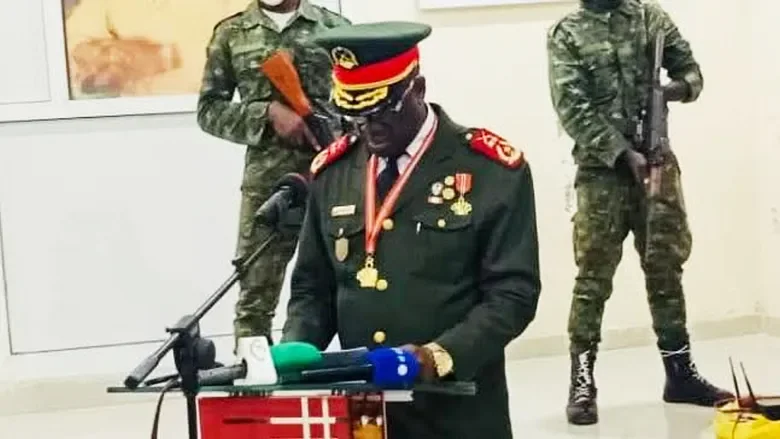Residents of the capital awoke to major political news on Friday. Ilidio Vieira Té has been appointed as the new Prime Minister.
Té previously served as the Minister of Finance. He will assume the premiership while retaining his finance portfolio for the next 12 months.
Following the lifting of security restrictions, the atmosphere in Bissau is relatively calm. Transportation networks have resumed normal operations. Both public and private vehicles, including taxis, are navigating the streets on standard schedules.
Life Slowly Returns to Normal
Commercial activity is returning, though slowly. Fuel stations are operating normally. Markets have opened their stalls to the public.
However, trading remains subdued. Noticeably fewer customers are venturing out than usual.
Despite the official easing of restrictions, caution pervades the public sector. Essential services like hospitals and health centers are fully operational. Yet, the majority of public institutions remain closed.
Schools Remain Shuttered
Schools also remain closed. Administrators are grappling with ongoing safety concerns.
Conversely, private institutions have opened their doors. However, many are operating with reduced staffing levels.
A Fragile Political Transition
This appointment comes as Guinea-Bissau sinks deeper into political turmoil. The nation is navigating the fallout of a disputed presidential election. This was immediately followed by a military takeover.
The legitimacy of the current transition faces fierce scrutiny. Opposition leaders have rejected the narrative surrounding the coup. They direct suspicion toward the maneuvers of the ousted President, Umaro Sissoco Embaló.
As one of the world’s most vulnerable nations, Guinea-Bissau continues to struggle. The unfolding crisis serves as a stark reminder. It highlights the fragility of the country’s democratic institutions and its long history of political unrest.
MORE NEWS : Coup: Jonathan Evacuated from Guinea-Bissau




















